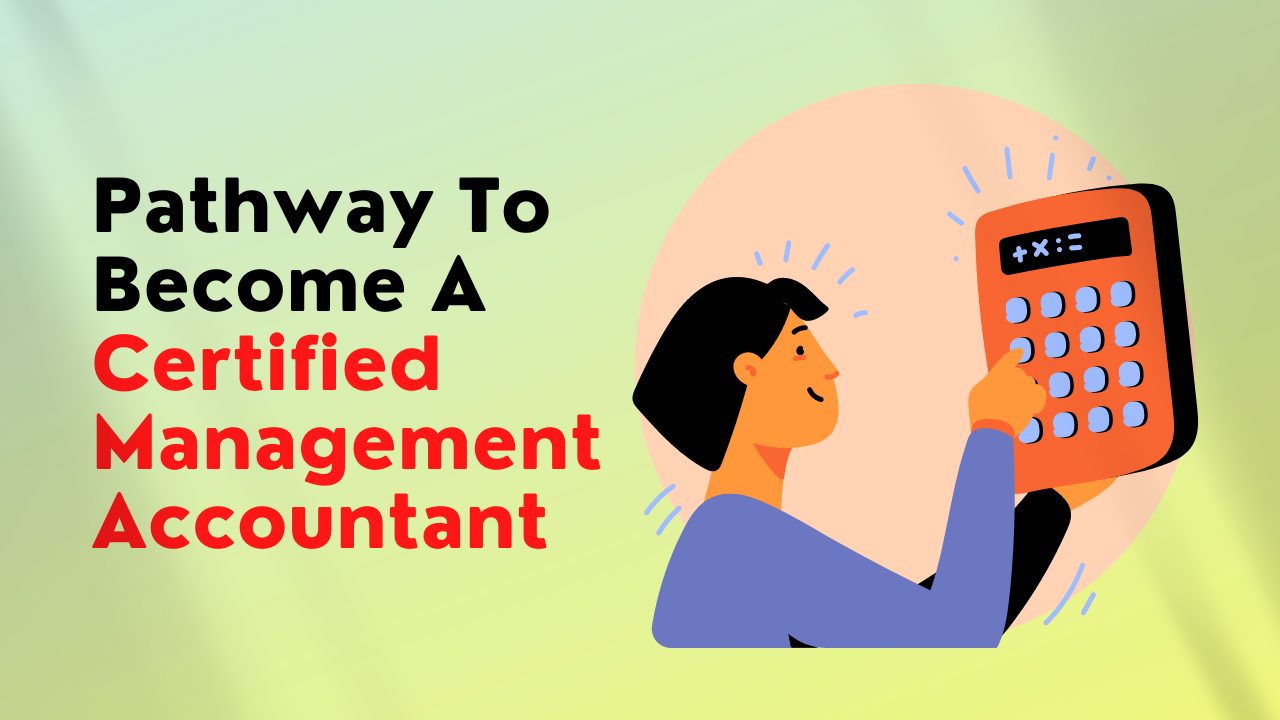
Pathway to become a Certified Management Accountant
META DESCRIPTION: Here is a guide to become a Certified Management Accountant in India with the answers to the most asked queries related to it.
Accountants who have established themselves in the fields of financial accounting and strategic management are given the title of Certified Management Accountant (CMA). This validation is typically predicated on competence in Financial and Management Accounting, which supports the use of financial data in critical business decisions. For certification, you must pass two exam sections on decision analysis, corporate finance, financial statement analysis, budgets, forecasts, performance management predictions, cost management, and forecasting. Risk management, choosing investments, and professional ethics is also a part of a Certified Management Accountant job.
Objective
Eligibility
FOUNDATION
INTERMEDIATE COURSE
FINAL
Curriculum
Foundation Course
P1 : Fundamentals of Economics and Management (FEM)
P2 : Fundamentals of Accounting (FOA)
P3 : Fundamentals of Laws and Ethics (FLE)
P4 : Fundamentals of Business Mathematics and Statistics (FBMS)
Intermediate Course
Group - I
P5 : Financial Accounting (FAC)
P6 : Laws & Ethics (LNE)
P7 : Direct Taxation (DTX)
P8 : Cost Accounting (CAC)
Group - II
P9 : Operations Management & Strategic Management (OMSM)
P10 : Cost & Management Accounting and Financial Management (CMFM)
P11 : Indirect Taxation (lTX)
P12 : Company Accounts & Audit (CAA)
Final Course
Group - III
P13 : Corporate Laws & Compliance (CLC)
P14 : Strategic Financial Management (SFM)
P15 : Strategic Cost Management – Decision Making (SCMD) P16 : Direct Tax Laws and International Taxation (DTI)
Group - IV
P17 : Corporate Financial Reporting (CFR)
P18 : Indirect Tax Laws & Practice (ITP)
P19 : Cost and Management Audit (CMAD)
P20 : Strategic Performance Management and Business Valuation (SPBV)
Skills Training
The goal of skills training is to give students the specialised instruction they need to acquire the information and skills required to meet the demands of their respective work roles. When new technology, procedures, or systems are introduced, skills training can be utilised to re-educate and restrain pupils. For any nation, "Skills'' and "Knowledge" are the accelerators for both social and economic progress. It increases pupils' skill levels, which leads to improved job chances. The right skill development initiatives would provide the nation a chance to attain inclusivity and productivity.
© 2024 Scanner Adda All rights reserved | Design by Shuchita Technologies